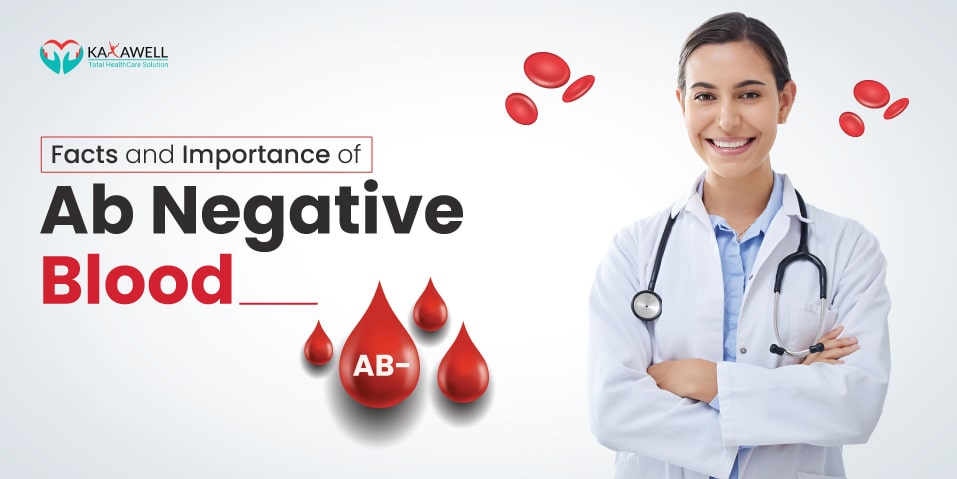There are many benefits to having AB negative blood. For one, it's scarce, making you a coveted donor.
● AB negative blood is also the universal donor, meaning it can be given to any patient needing a transfusion. This is a huge benefit, especially in emergencies when time is of the essence.
● AB negative blood also doesn't contain antibodies, so patients can receive multiple transfusions without developing harmful reactions.
● AB negative blood is often used in emergencies because it's compatible with other blood types. And because it's so rare, there's always a demand for it. Only about 7% of the population has AB-negative blood, so it's always in high demand.
● AB negative blood is also vital for medical research because it's the only blood type that can be used to create universal antibodies.
So if you have AB-negative blood, make sure to donate whenever you can! It could save someone's life.
What are the Risks of AB Negative Blood?
AB Negative blood is the blood that contains no antibodies (the body's defense mechanism).
There are many reasons why people have AB-negative blood, including genetics, immune system defects, and autoimmune disorders.
Having AB-negative blood does not mean you cannot get sick; however, if you do get sick, you may need to receive transfusions to help fight off infections.
Some people who have AB negative blood do not experience problems. However, some people with AB-negative red cells develop severe illness after receiving a blood transfusion.
Symptoms include fever, chills, nausea, vomiting, diarrhea, abdominal pain, and jaundice. People with AB negative blood should avoid donating blood unless they have been tested extensively before donation.



 Contact Us
Contact Us






 Hospitals
Hospitals
 Doctors
Doctors
 Diagnostic
Diagnostic
 Pharmacy
Pharmacy
 Health Tips
Health Tips
 Blog
Blog

























Comments